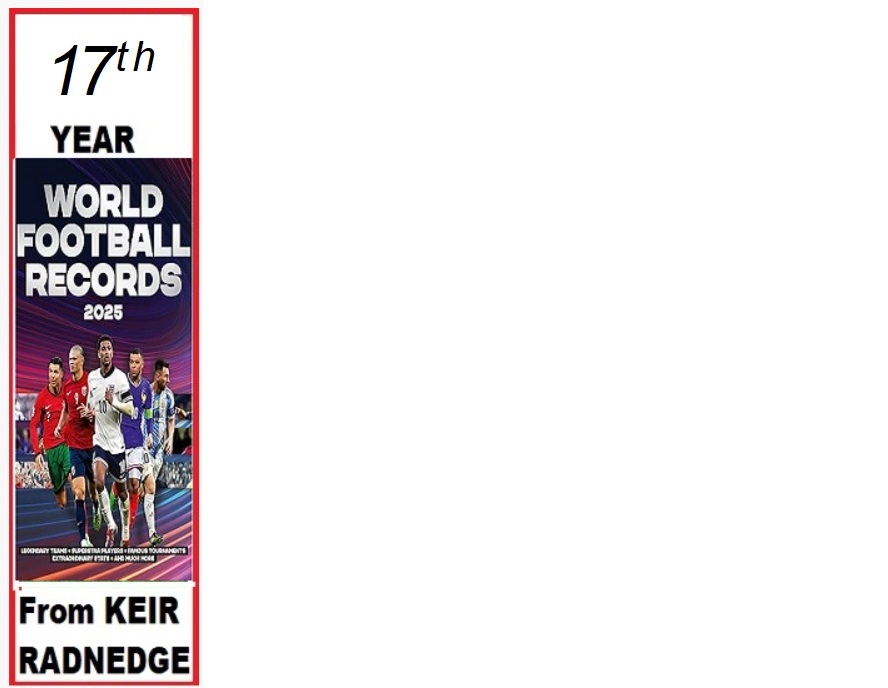German reminder to Blatter to beware deadlock over Bin Hammam saga
KEIR RADNEDGE COMMENTARY
— As the Mohamed Bin Hammam Saga enters ever more tortuous waters so friend-turned-enemy Sepp Blatter has had a warning fired across his bows that unless the FIFA reform programme makes significant progress then he should quit as president.
Once more the issue of Blatter’s permancence in the role he has held since 1998 has come from Germany: not from federation or club bosses but from Blatter’s own new chief judge in the FIFA ethics system.
Joachim-Eckert made his comments in an interview with the new magazine Focus just as the likelihood of the world political game grinding to a halt was enhanced by the latest move in the Bin Hammam business.
The 63-year-old Qatari has had his provisional Asian suspension extended for 20 days by the AFC as it continues an investigation into allegations of financial impropriety.
Bin Hammam was suspended initially by the Asian confederation at almost the same time as his appeal against a lifetime ban from football was upheld by the Court of Arbitration for Sport. An audit undertaken by PricewaterCoopers claimed that Bin Hammam had lavished AFC funds on friends and family. Bin Hammam, happy to have cleared his name vis-a-vis FIFA, has denied any wrongdoing.
The disciplinary statutes of the AFC enabled it to impose an initial 30-day ban on Bin Hammam with the possibility of a further 20 days. This is the option which has now been enacted.
Already Bin Hammam is under a worldwide suspension imposed by FIFA for 90 days both while it considers the PwC audit and the consequences of the CAS ruling.
A statement from the AFC said that its own suspension of Bin Hammam had been extended by order of Lim Kia Tong, chairman of the AFC disciplinary committee, on Wednesday, one day before the 30-day ban had been due to expire.
Bin Hammam, who has insisted he will shortly announce further steps to challenge ‘this clear abuse of power and process at the hand of FIFA,’ was voted in for a third and final four year term as the president of the AFC in January last year before launching an election challenge to FIFA president Sepp Blatter.
He withdrew his candidacy and was then provisionally suspended, days before the June election over allegations that he had tried to buy the votes of Caribbean officials by handing them $40,000 each in brown envelopes at a meeting in Port of Spain.
Blatter was subsequently re-elected unopposed for a fourth term as the world federation’s president. But if he cannot demonstrate clearly that he is cleaning up the FIFA act then patience will run out, according to Eckert.
The chairman of the ethics committee’s adjudicatory chamber told Focus that FIFA directors and officials and member associations should be left in no doubt of their duty and responsibility to co-operate with each and every ethics inquiry. Failure to comply could invoke punishments ranging from financial penalties to exclusion from the international game.
Eckert said: “The federation must become fully transparent and all money transfers must be looked into. FIFA members should be obliged to provide information. This means for Blatter that either he clears it all up or he has to be gone.”
At the 2011 Congress in Zurich Blatter pledged a fast-moving reform programme but the extension of the structure and powers of the ethics committee is the only obvious product thus far of the process which has been buried in the committee rooms of a clutch of so-called task forces.
# # # #




